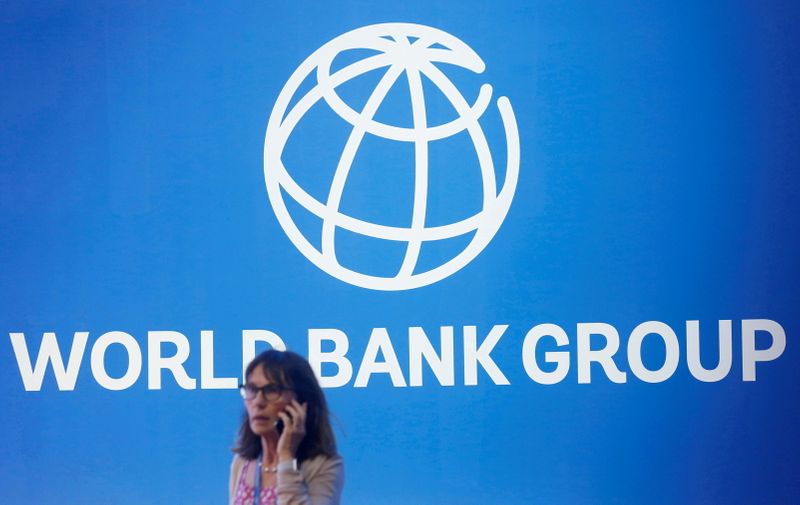By Rodrigo Campos
NEW YORK (Reuters) - Economic growth can only be considered truly sustainable if human and natural capital are part of the equation, as gross domestic product and other traditional measures fall short, a new report from the World Bank showed.
"A deeper and more nuanced understanding of the sustainability of wealth is crucial to a green, resilient, and inclusive future," said Mari Pangestu, managing director for development policy and partnerships at the World Bank.
The Changing Wealth of Nations 2021, a report presented on Wednesday, found that wealth increased significantly across the globe between 1995 and 2018 but it did so by worsening inequality and risking future prosperity.
"It is essential that renewable natural capital and human capital are given the same importance as more traditional sources of economic growth, so that policymakers take steps to enable long-term prosperity," Pangestu said.
The report defined human capital as the earnings over a person's lifetime, while natural capital was the economic value of both renewable resources, such as forests and cropland, and non-renewable resources such as minerals and fossil fuels.
GDP has traditionally been the measure of a nation's well-being, but it has been long criticized for not accounting for income inequality, pollution or other measures that affect quality of life.
The use of fossil fuels, for instance, has been overvalued, as the negative effects of pollution and climate change have not always been considered.
"Wealth should be used alongside GDP to provide a means of monitoring the sustainability of economic development," Pangestu said.
The report's database aims to be used by policymakers seeking to improve measures of economic progress, more accurately price natural assets or give a fair value to human capital.
It also notes that "many countries are on an unsustainable development path because their natural, human, or produced capital is being run down in favor of short-term boosts in income or consumption."
The report values a wide set of assets among forms of natural capital including minerals, fossil fuels, forests, mangroves, and marine fisheries, which could be leveraged by developing countries.
The World Bank report comes ahead of the United Nations COP26 climate summit that kicks off this weekend in Glasgow.
WOMEN'S WASTED WEALTH
In terms of human capital, imbalances disproportionately affect women across most regions and improved only marginally during the period of study.
The female share of human capital is only about one-third of the total in sub-Saharan Africa, same as in East Asia and the Pacific, the region with the largest share of wealth.

Some 80% of human capital in South Asia is attributed to men. Latin America and the Caribbean, where female labor force participation is higher than in any other region at 44%, has not yet reached gender parity in its human capital.
"Globally, women accounted for only 37% of human capital in 2018, which was only 2 percentage points greater than the 1995 level," the report showed.